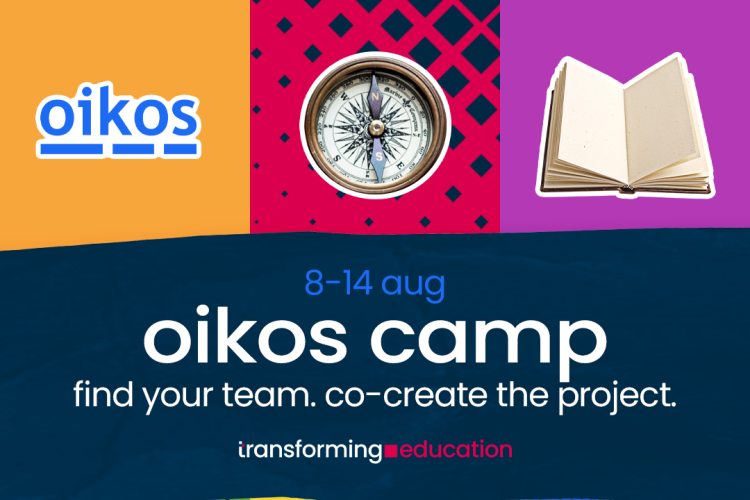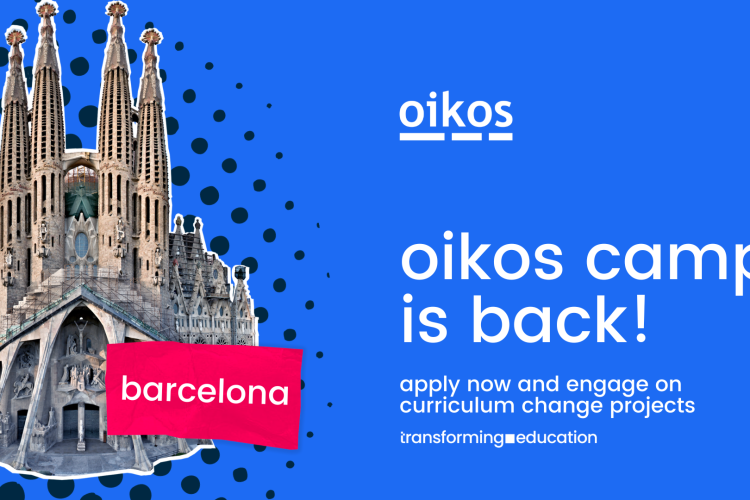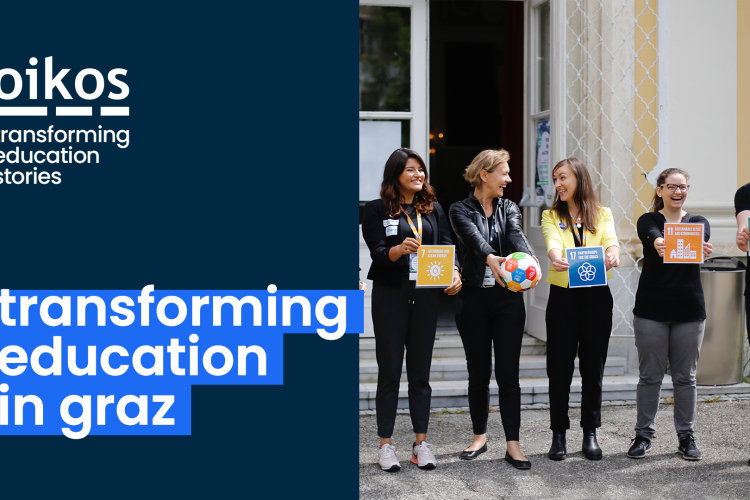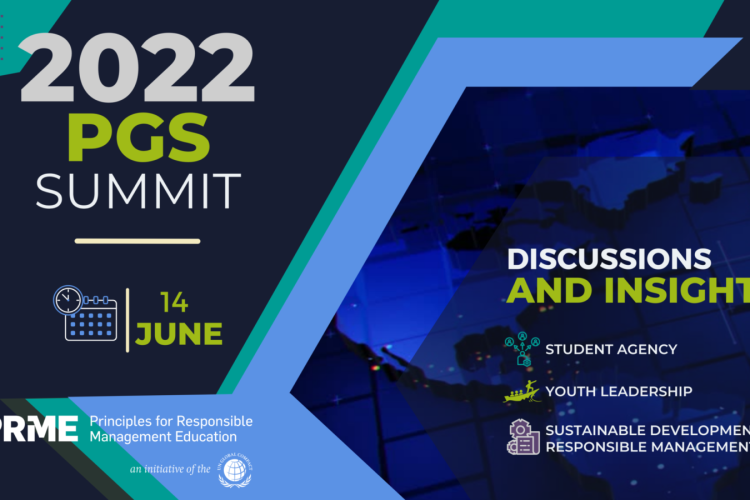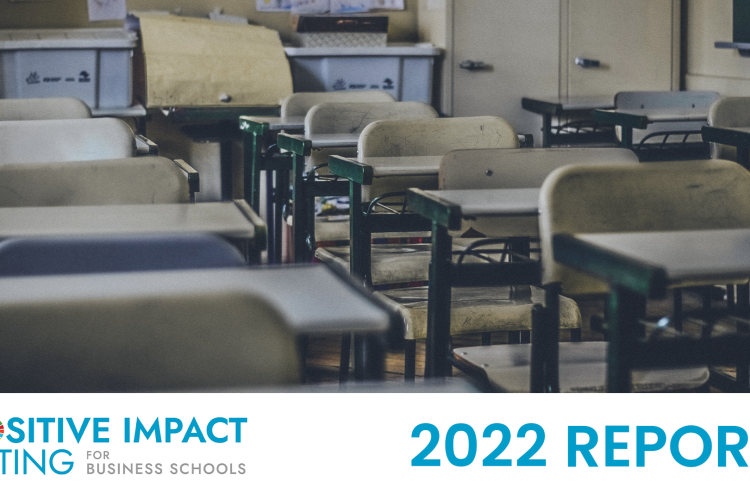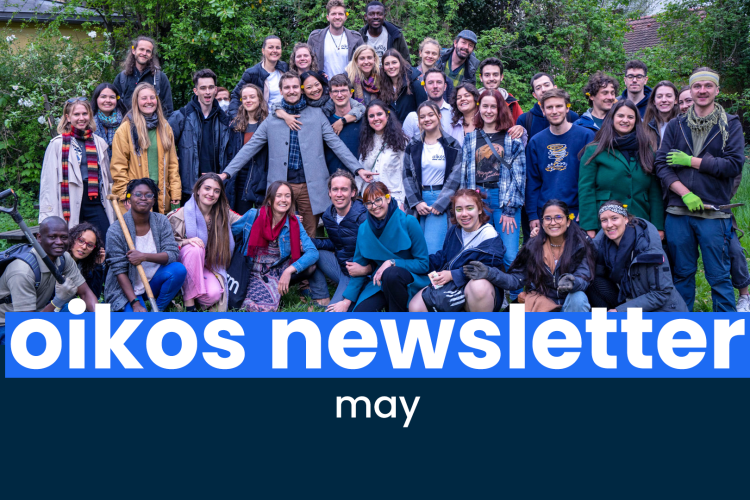The oikos Camp applications are open and run through 8 July! Over the course of the Camp from 8-14 August you can be a part of one of the...
oikos Camp is back – this summer it’s will be moving to sunny Barcelona! The Curriculum Camp is our project withing the Transforming Education initiative which brings together teams...
The Curriculum Change team as part of oikos Graz was established with the start of the winter term 2020 and currently has eight active members. Our main goal is...
PRME Global Students (PGS) is a youth-led global network for creative collaboration and collective action that connects, empowers, and creates value for 300+ sustainability-oriented student organizations worldwide. On 14 June 2022,...
UN PRME Global Forum, virtually from New York, USA, June 3, 2022 The Positive Impact Rating 2022 Report entitled “The Role of Business Schools in times of crises” was...
We released the Positive Impact Rating 2022 Report at a keynote session at the UN PRME Global Forum in the presence of students, business school representatives, and other societal stakeholders from...
Welcome to the May edition of our newsletter! This edition covers the past two months with exciting things takin place in our network. Starting off with the Legislative Meeting...


